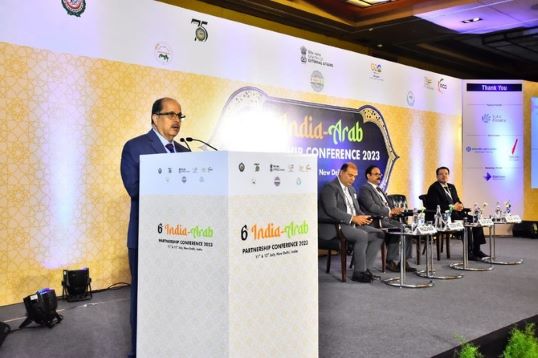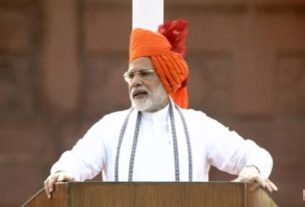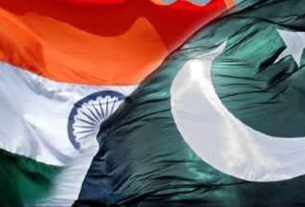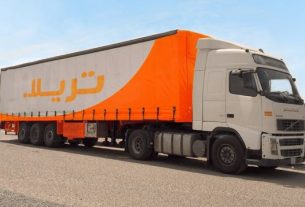NEW DELHI: India and Arab states are expecting more cooperation in the fields of green energy, technology, health care and food security, officials and representatives of top business bodies said on Wednesday at the India-Arab Partnership Conference in New Delhi.
The two-day conference on July 11-12 was organized by the Federation of Indian Chambers of Commerce and Industry in partnership with the Indian Ministry of External Affairs and the League of Arab States — a cooperation alliance of 22 Arab countries, including Saudi Arabia, Egypt, Kuwait and the UAE.
“India not only has very strong political relations with each member country of the League of Arab States but our trade and economic relations with these countries are also blossoming into very dynamic and mutually beneficial partnerships,” Indian Ministry of External Affairs Secretary Dr. Ausaf Sayeed told conference participants in his concluding remarks.
“The conference has provided a useful platform to the business communities on both sides to interact and understand untapped potentials in diverse fields and explore new prospects for trade and investments.”
He identified cooperation focus areas as energy security, renewable energy, technology, food security, health care, chips and semiconductors, and supply chains.
Energy cooperation is of particular importance as Gulf countries account for almost 35 percent of India’s oil imports and 70 percent of gas imports.
“India’s energy partnership with many of these countries has evolved from a mere buyer-seller relationship into a more comprehensive partnership,” Sayeed said.
“Renewable energy is another important area of our bilateral cooperation with West Asia, particularly in the fields of green hydrogen and green ammonia. This assumes significance as the world is witnessing the serious impact of climate change and the clock is ticking fast, highlighting the need to act urgently.”
In the context of trade and commerce, Arab countries are India’s largest trading partner, with the volume of trade with the Arab League’s states exceeding $240 billion during the financial year 2022-23.
The bulk of India’s trade is with Gulf Cooperation Council countries, especially the UAE, with which New Delhi signed a free trade deal last year.
“Trade with the GCC countries alone amounted to over $184 billion. The UAE is India’s third-largest trading partner — $73 billion — and Saudi Arabia is India’s fourth-largest trading partner — $42.9 billion during 2022-2023,” Sayeed said, adding that New Delhi was now also in trade pact talks with the entire GCC.
“India and the GCC have resumed discussions on concluding the free trade agreement. We have exchanged preliminary documents and the delegations have been meeting. We hope this will soon become a reality, bringing newer opportunities for businesses on both sides.”
This is the third attempt at a trade pact between the two sides, with two inconclusive rounds held in 2006 and 2008. Plans to resume talks were announced by India’s trade minister and the GCC secretary-general in November last year.
The India-Arab Partnership Conference saw in attendance government officials from both India and Arab countries as well as delegates from major Indian and Middle Eastern commerce bodies and businesses.
Dr. Khalid Hanafi, secretary-general of the Union of Arab Chambers, thanked the governments and private sector of both sides as he expressed optimism about the future of the Indo-Arab partnership.
“The partnership between India and the Arab world has a bright future,” he said.
“Our relationship should now evolve from a linear, traditional relationship to a new relationship based on technology.”__arabnews.com





